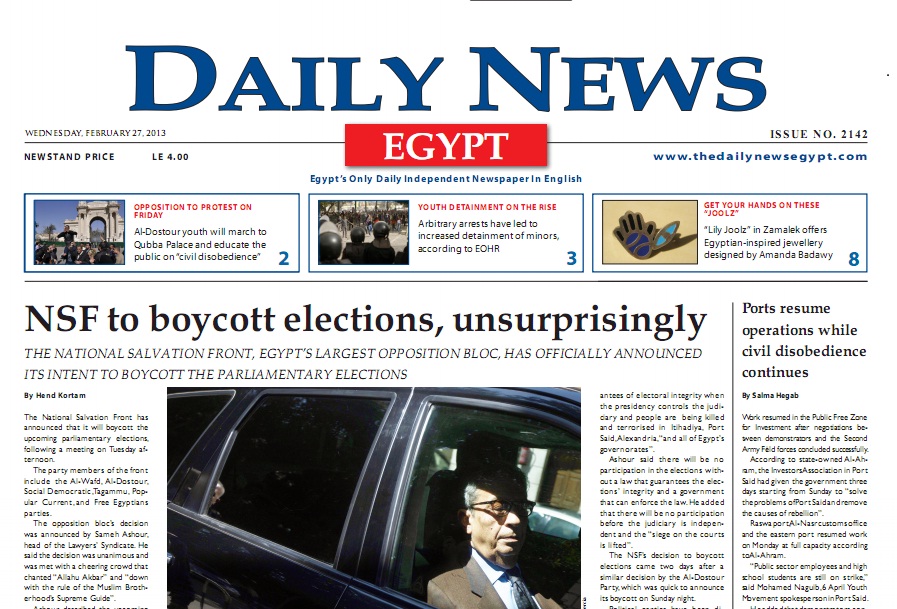The World Bank (WB) will expand its support to Egypt’s ongoing efforts to improve the affordability of formal housing for low-income households with $500m. A fund will strengthen the capacity of the country’s Social Housing and Mortgage Finance Fund to design policies and coordinate social housing programmes.
The Inclusive Housing Finance Programme has benefitted 287,600 households across the country since 2015, according to a statement from the Ministry of International Cooperation on Sunday, the WB said, adding that the programme has prioritised families—57% of beneficiaries who are married couples with young children.
On average, over three-fourths of beneficiary households over the past five years were in the lowest 40% of Egypt’s household earned-income distribution, with this percentage steadily increasing from 68% in 2015 to 80% in 2019.
“Affordable housing is essential to contributing to national socio-economic development and the achievement of the United Nations’ Sustainable Development Goals,” said Rania Al-Mashat, Egypt’s Minister of International Cooperation, who also represents Egypt on the World Bank’s Board of Governors.
“Urbanisation and development are indivisibly linked to one another. Our partnership with the WB builds on the Inclusive Housing Finance Programme’s success in creating safe and affordable housing, and in building resilient societies and economies,” she mentioned.
The expanded programme aims to scale up the delivery of demand-side subsidies for affordable housing, increasing the number of beneficiaries by 31% and contributing to the government target of supporting more than one million homes for low-income households by 2024.
The additional financing will encourage private sector participation in their construction. The government approved new public–private partnership guidelines in January 2020, addressing the key concerns of private developers to facilitate their participation in affordable housing.
“This programme will support ongoing efforts to enhance current housing programmes to benefit Egyptians with limited income,” said Assem El Gazzar, Egypt’s Minister of Housing, Utilities, and Urban Communities, adding that it will increase the sector’s efficiency and ensure that programmes are designed to fit the needs of Egyptians, in addition to promoting private sector participation in the area of social housing.’’
“Through this project we are continuing our commitment to improving the livelihoods and productivity of Egyptians, while encouraging private sector participation in social housing. This is crucial for the success of the country’s reform programme,’’ said Marina Wes, WB’s Country Director for Egypt, Yemen and Djibouti.
The WB portfolio in Egypt comprises 12 projects with a total commitment of $5.9bn, complemented by the Bank’s global knowledge and analytical services.



